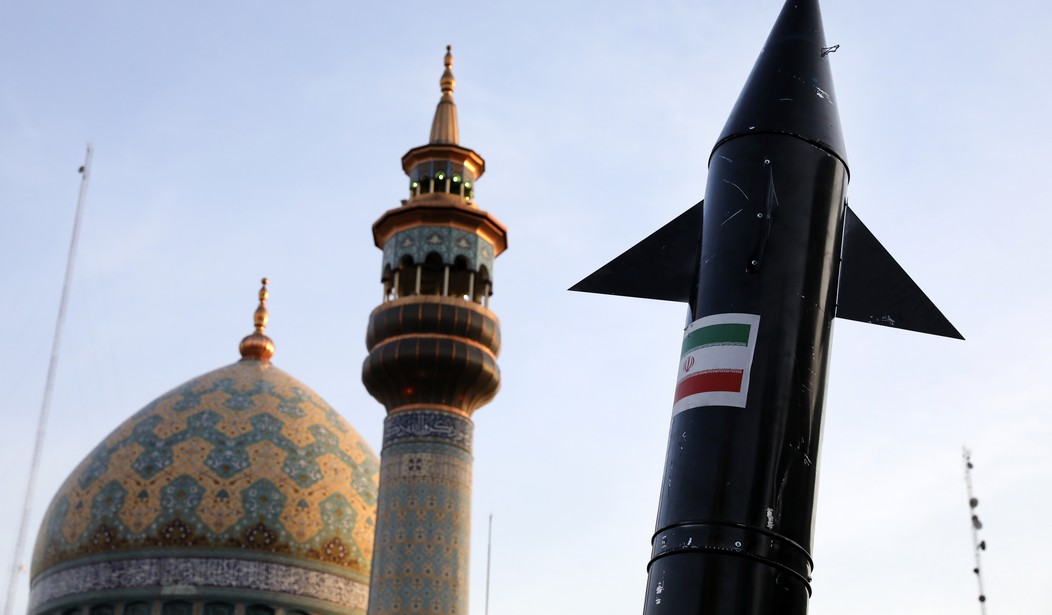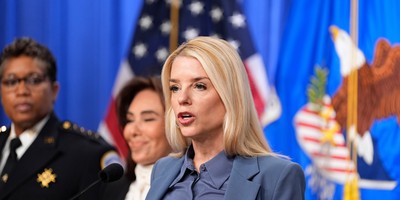Canada’s Recognition of a Palestinian State Betrays Western Values
Canada is preparing to recognize a Palestinian state at the United Nations as early as September 2025. Prime Minister Mark Carney has framed the decision as both a moral obligation and a diplomatic necessity. In reality, it represents a sharp break from Canada’s democratic principles—and a betrayal of its closest ally, the United States.
For decades, Canada’s support for Israel has been half-hearted at best. While the United States quickly recognized Israel after its independence in 1948, Canada abstained on the UN admission vote and waited until 1949 to formalize its recognition. This pattern of ambiguity has continued ever since.
During critical moments, such as the First Intifada, Canada remained indecisive. While then-Prime Minister Brian Mulroney defended Israel, External Affairs Minister Joe Clark condemned its actions, accusing Israel of using excessive force. This back-and-forth approach became a trademark of Canadian foreign policy: some support, lots of criticism, little consistency.
That inconsistency hardened into outright abandonment in January 2024. Just months after Hamas launched the October 7th terror attacks that left more than 1,200 Israelis dead and hundreds kidnapped, Canada froze all military export permits to Israel. It also blocked new permits—effectively placing a one-sided arms embargo on a democratic nation defending itself.
Meanwhile, Hamas continued firing rockets, building tunnels, and exploiting schools and hospitals to conceal its fighters. Canada chose not to hold accountable the group that initiated the war; instead, it penalized the nation attempting to end it.
Recommended
Since October 2023, Canada has committed more than $355 million in aid to Palestinian institutions and UN-affiliated agencies. That includes $50 million in November 2024, $99 million in March 2025, $30 million in July 2025, and $10 million last week for so-called “governance” support to the Palestinian Liberation Organization (PLO). Despite these massive transfers, Canada has provided no credible assurances that its funds are not enabling the very organizations that glorify terror and reward violence.
The most glaring example is UNRWA—the United Nations Relief and Works Agency. Between 2020 and 2023, Canada gave $78.5 million to UNRWA for gender equality programs alone. But the agency’s track record is indefensible.
UNRWA has been linked repeatedly to antisemitic propaganda in classrooms, hiring staff who are members of Hamas, and employing at least a dozen operatives who directly participated in the October 7th attacks. Weapons have been found in UNRWA schools. Yet Canada continues funding the agency, ignoring documented connections to terror infrastructure.
Canada’s endorsement of the PLO is equally alarming. The PLO charter continues to assert that armed struggle is the only legitimate method of “liberating” Palestine, while denying any Jewish historical or national connection to the land. The organization remains designated as a terrorist entity under U.S. law. By allocating taxpayer funds to the PLO, Canada is, in effect, financing extremism.
Contrary to popular claims, Palestinians have been offered multiple opportunities for statehood. At Camp David in 2000, Israel proposed a plan that included over 90% of the West Bank, complete control of Gaza, East Jerusalem as the Palestinian capital, and joint governance of holy sites.
Yasser Arafat, the leader of the PLO, rejected the deal without offering a counterproposal. What followed was the Second Intifada: a wave of suicide bombings that killed over 1,000 Israelis.
The myth that Palestinians have never been given a fair chance at peace is a deliberate distortion of history.
Since the current conflict began, Israel has delivered over 1.8 million tons (about 4 billion pounds) of humanitarian aid to Gaza—more than any military has ever sent into an active war zone. Still, Canada continues to pressure Israel while ignoring the realities of aid diversion by Hamas. Supplies are routinely intercepted, taxed, or hoarded by Hamas operatives. Even the United Nations has admitted the logistical chaos of delivering aid in territory controlled by a terror group.
Meanwhile, the casualty statistics reported from Gaza have been riddled with inconsistencies. As of March 2025, over 75% of reported deaths were adult males, many of them of combat age. Over 15,000 deaths were initially “unidentified”—then filled in using unverified online forms, some of which listed people who are still alive. These inflated and unreliable figures have been used to accuse Israel of genocide, yet Canada has done nothing to challenge them.
Canada also claims to oppose the global Boycott, Divestment, and Sanctions (BDS) campaign. Yet in practice, it continues to fund NGOs that advocate for the boycott of Israeli companies and vilify Jewish communities in the West Bank.
Canada’s policies reflect the belief that Israel’s wartime actions in Gaza are illegitimate—even as the region remains under the control of Hamas. This designated terrorist organization continues to enjoy widespread support in both Gaza and the West Bank. As of mid-2025, Hamas’s approval rating has declined from 75% in June 2024 to approximately 57%, yet it still holds majority support among Palestinians.
In choosing to reward extremist regimes and marginalize a democratic ally, Canada is not promoting peace; rather, it is undermining it. Canada’s actions send a dangerous signal: that terrorism can yield political recognition, and that incitement against Jews is not a dealbreaker.
While I don’t believe that recognizing a Palestinian state is inherently a direct threat to Israel’s security, the move itself achieves nothing meaningful. What is truly dangerous is the message it sends. Hamas launched the October 7th attacks with the ultimate goal of securing a Palestinian state, and in the aftermath, they appear to be succeeding.
Recognizing statehood now only reinforces the idea that terrorism works—that massacring civilians and unleashing war is a viable path to diplomatic victory. In doing so, the international community risks validating Hamas’s strategy and rewarding violence.

























Join the conversation as a VIP Member